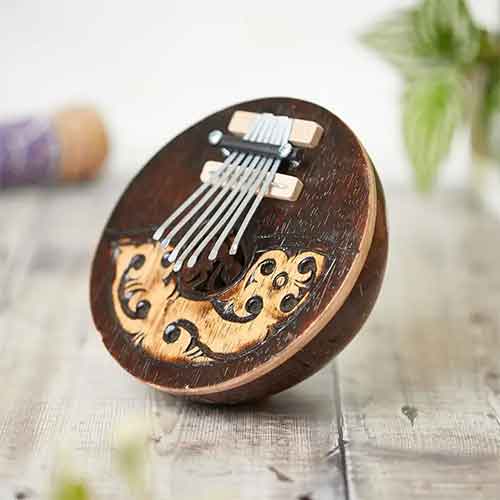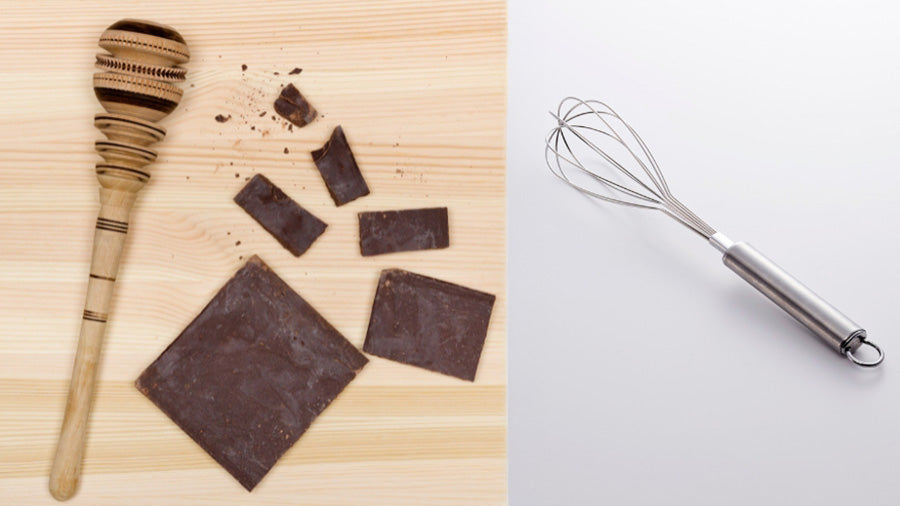From a young age, I dreamt of having the perfect life—marriage, a home, and a family. I was a sociable, confident girl with no worries. But everything changed when I found out I was pregnant at 18. My mum, who had always taken care of everything for me, suddenly lost respect for my decision. 'You’ve not lived yet,' she said. Her words stung, but I knew in my heart that I was ready to be a mum.
At 22 weeks pregnant, the challenges began to mount. Constant relocation and preparing for a baby while grappling with a preeclampsia diagnosis overwhelmed me. The breaking point came when our flat was burgled. The violation of our personal space and sense of security triggered a deep and relentless anxiety that overshadowed my once-carefree nature.
How to manage IBS symptoms?

Managing IBS requires a combination of dietary adjustments and lifestyle changes. Start by experimenting with your diet to identify triggers that worsen your symptoms. Reducing fibrous foods, switching from animal milks to plant-based alternatives, and cutting back on fatty meats can help, as plant-based milks are easier to digest and lower in fat. Dairy, in particular, can worsen diarrhea for those with dairy intolerance, so try alternatives like tofu, soy mince, or vegetarian options.
Certain foods like unripe bananas, plenty of water, and herbal teas (peppermint, ginger, turmeric, chamomile) can soothe the digestive system. It's also important to manage stress, as daily pressures, especially parenting, can worsen IBS symptoms. On flare-up days, tools like the "
Effective Ways to Manage Anxiety
Managing anxiety requires a combination of therapeutic methods and lifestyle changes. Below are several approaches that can help reduce symptoms and improve your overall well-being:
Cognitive Behavioural Therapy (CBT)

CBT helps manage anxiety, phobias, and depression by breaking the cycle of panic and worry. It focuses on current issues and teaches techniques to control thoughts, feelings, and physical responses. Through exposure therapy and small goals, CBT helps you gradually face your fears and build confidence.
I struggled with anxiety for years before starting CBT. Although phone sessions were helpful, face-to-face meetings proved more effective. Over time, CBT helped manage my anxiety, improve my IBS, and relieve past stress. Even after my sessions ended, I continue using the techniques I learned.
If you’d like to learn more, I recommend
Mindfulness

Mindfulness, a non-religious form of meditation, helps manage negative thoughts and promotes relaxation by focusing on the breath. It’s a powerful practice for mental well-being, gaining popularity through books, audiobooks, videos, and apps. A great resource for learning mindfulness is Mindfulness: A Practical Guide to Finding Peace in a Frantic World, which includes a CD of guided meditations to help you get started.
In my experience, mindfulness has helped reduce stress and allowed me to feel more in tune with the world. I also found attending a mindfulness group moving, as it supported someone battling alcoholism while helping me find relaxation. Instruments like a singing bowl, gong, shamanic drum, and shaker can be powerful tools to enhance mindfulness, supporting meditation by creating calming sounds that deepen the experience.
How Self-Help Can Ease Anxiety
Self-help involves taking small steps to face your fears and build confidence. Start with manageable tasks that challenge your anxiety, like initiating a conversation if you struggle with social anxiety. Celebrate your successes, no matter how small, and avoid self-criticism. Reading books on anxiety can help you understand your struggles and shift your perspective. Remember, you’re not alone—13% of people experience anxiety at some point. It’s a natural, outdated survival instinct that’s less relevant in modern life.
Medication for Anxiety-Related IBS
Medications are often a last resort after trying other methods for managing anxiety and IBS. Always consult a doctor before using medication, as self-medicating can be dangerous. While medications like Imodium for IBS and propranolol for anxiety may provide temporary relief, they don’t address the root causes. IBS, for example, is often triggered by lifestyle and dietary factors that medication can’t fix. True relief usually requires mindfulness and relaxation techniques.
For managing IBS, I use
Living with IBS and anxiety is challenging, but tools like CBT and dietary adjustments can help regain control. But with CBT, I’ve made progress—I'm able to sit on a bus without panic and have even resumed learning to drive, something I had previously given up on. Managing both conditions is tough, but I’m learning to handle them more effectively each day.
How Music Can help with Anxiety
Music offers a natural way to reduce anxiety and stress. Instruments like kalimbas and singing bowls create calming tones that soothe the mind and ease tension. Wind instruments, such as flutes and recorders, encourage deep breathing, helping to regulate the nervous system and reduce anxiety.
Percussion instruments like drums provide a rhythmic outlet for stress, grounding you and offering a meditative release. Simple to use, these instruments promote relaxation and support emotional well-being, making them ideal tools for finding calm in everyday life.













